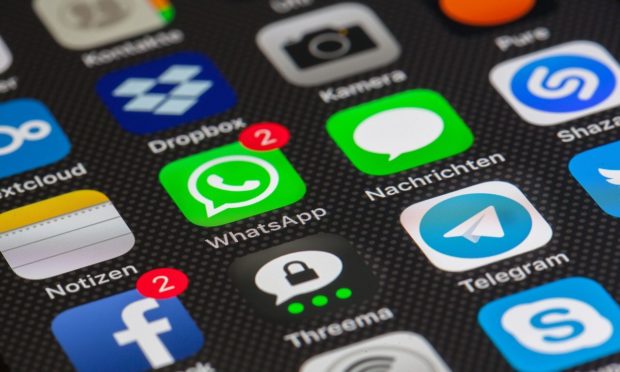Social Media Disinformation and Surveillance
Governments around the world are increasingly using social media to manipulate elections and monitor their citizens, in a worrisome trend for democracy, a human rights watchdog said Tuesday.
An annual report on online freedom by the nonprofit group Freedom House found evidence of “advanced social media surveillance programs” in at least 40 of 65 countries analyzed.
The report said global internet freedom declined for a ninth consecutive year, as authorities in some countries simply cut off internet access as part of their manipulation efforts, while others employed propaganda armies to distort information on social platforms.
https://twitter.com/AshaRangappa_/status/1189670434087874560
“Many governments are finding that on social media, propaganda works better than censorship,” said Mike Abramowitz, president of Freedom House.
“Authoritarians and populists around the globe are exploiting both human nature and computer algorithms to conquer the ballot box, running roughshod over rules designed to ensure free and fair elections.”
Disinformation was the most commonly used tactic to undermine elections, according to the group.
“Populists and far-right leaders have grown adept not only at creating viral disinformation but also at harnessing networks that disseminate it,” said the watchdog’s 2019 “Freedom on the Net” report.
The researchers said that in 47 out of the 65 countries, individuals were arrested for political, social, or religious speech online and people were subjected to physical violence for their online activities in at least 31 countries.
China remained the world’s worst abuser of internet freedom for the fourth consecutive year as the government stepped up information controls amid protests in Hong Kong and ahead of the 30th anniversary of the Tiananmen Square massacre, the report said.
Online freedom declined in 33 of the 65 countries assessed, including the United States, the survey found.
US Freedom
In the US, “law enforcement and immigration agencies expanded their surveillance of the public, eschewing oversight, transparency, and accountability mechanisms that might restrain their actions,” Freedom House said.
“Officials increasingly monitored social media platforms and conducted warrantless searches of travelers’ electronic devices to glean information about constitutionally protected activities such as peaceful protests and critical reporting.”
The report said disinformation was rampant in the US, focusing on the November 2018 midterm elections, and that “both domestic and foreign actors manipulated content for political purposes, undermining the democratic process and stoking divisions in American society.”
Freedom House said governments are relying more on artificial intelligence to monitor and censor people online.
“Once reserved for the world’s most powerful intelligence agencies, big-data spying tools are making their way around the world,” said Adrian Shahbaz, Freedom House’s research director for technology and democracy.
“Advances in AI are driving a booming, unregulated market for social media surveillance.
Even in countries with considerable safeguards for fundamental freedoms, there are already reports of abuse.”
The biggest declines in internet freedom were in Sudan and Kazakhstan, followed by Brazil, Bangladesh, and Zimbabwe, the report said.
Improvements were measured in 16 countries, with Ethiopia recording the largest gains.
Related Articles
Despite the grim outlook, Abramowitz cited some positive examples of technology spurring democratic change, including in Lebanon, where people “are rallying their fellow citizens” for reforms.
But the report also noted that some governments “restricted access to specific apps and platforms used by the opposition to mobilize, or resorted to shutting down the internet altogether.”
Inquirer.net will receive a commission on purchases made*
Want stories like this delivered straight to your inbox? Stay informed. Stay ahead. Subscribe to InqMORNING


